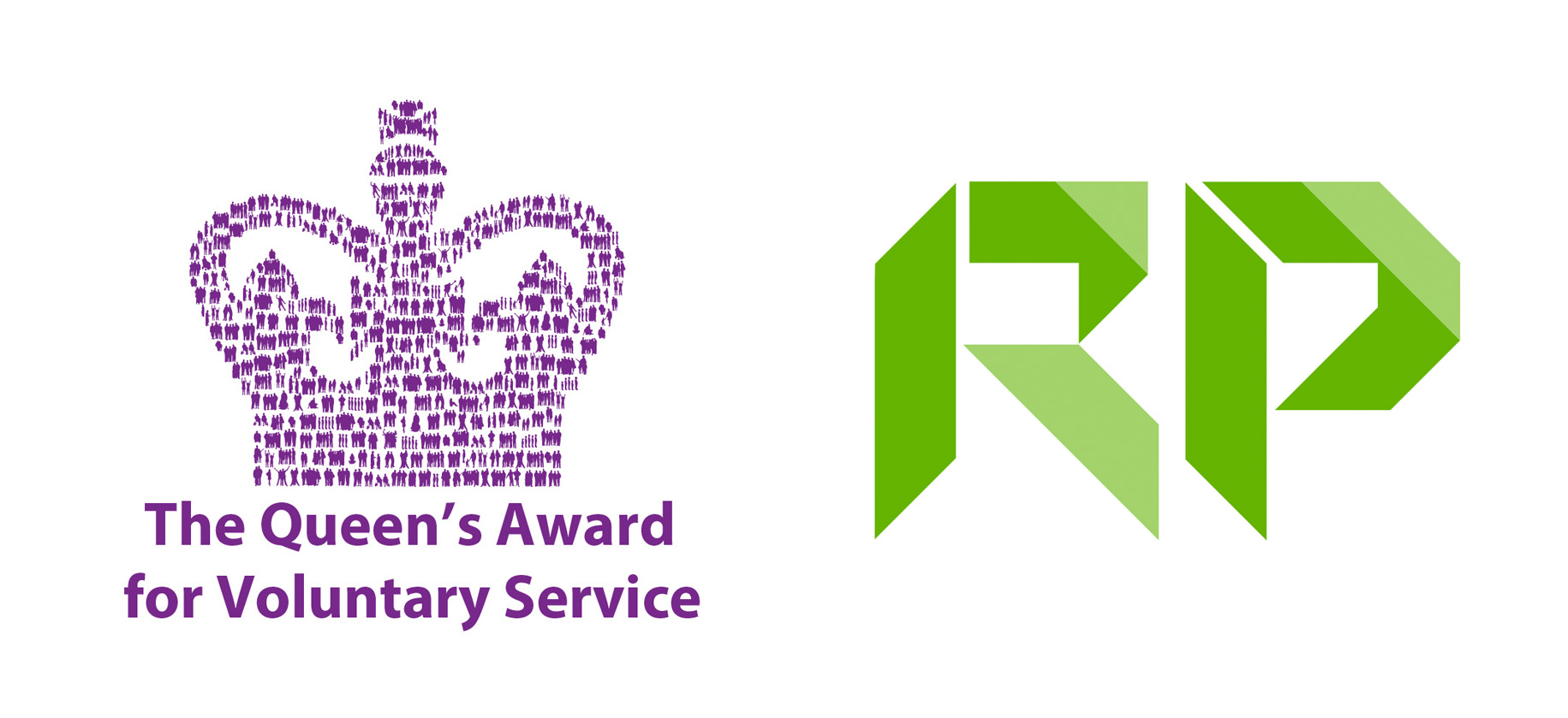Legals & Governance
Consensus is King!
CFCS formed a limited company for 2000 members, with an equal share in everything we do. That suited both our Mission Statement and ethos, and gave everyone a sense of ownership in the project with minimal risk to any individual.
In 2017 the company was incorporated as a Company Limited by Guarantee and registered at Companies House, and we set up our bank account – though not for 2000 authorised signatories!
Using Consensus Management Principles the steering committee allocated responsibilities for ordering stock, volunteer rotas, communications, financials (cashing up / payment of invoices / accounts) and governance.
We discussed and wrote down our Terms of Reference establishing the rules and the spirit of running the shop; which for us revolve around volunteers, who are viewed as 'friends' rather than staff.
Key Questions to Ask When Setting Up Your Company:
What do you want the business to achieve in the short, medium and long term?
First and foremost the business needs to serve the community so setting-up a practical, welcoming and popular place to visit is a priority. Beyond that, if the community wants the shop to be totally not-for-profit (i.e. produce is hugely subsided) then that needs addressing. Alternatively, do the members want the shop to generate funds for the direct benefit of the whole community, e.g. to provide facilities or services that are otherwise not available? All these objectives affect how you set-up the business.
How will surplus funds (profits) at the end of each trading year be dealt with? For example, will they be reinvested to further develop the business, shared in part or in whole amongst the members, or donated to charitable or community causes? What will happen to any assets if and when the organisation is sold, taken over or closed? (assets include premises / buildings, stock, fixtures & fittings, equipment or money).
Only by being clear about the long-term objectives of the business can the right decisions be made at the outset and it is recommended that professional advice is taken at this early stage when deciding what the best choice is for your community. As stated earlier, call upon the inherent skills of those willing to help; is there a solicitor or accountant in your community willing to assume responsibility for this crucial part of the project? If not, engage with local law firms and / or accountancy practices and negotiate preferential rates for their professional services.
It is highly likely that ANY good advice will recommend that a community-owned retail venture is legally incorporated as this provides protection from liability for its members and equality of risk, and ensures that your organisation can act as you intend i.e. if you want to raise capital through community shares at some point, you must make sure you choose both a governing document and legal form that can issue community shares.
Unincorporated or incorporated?
A properly and legally incorporated entity also offers a secure and accepted formal structure that gives investors confidence and reassurance. Simply put, it is important to opt for the entity that is most suited to the long-terms aspirations of the business - yet one that offers protection and security to participating members. The key differences are:
Unincorporated organisation
Members are jointly and severally liable for all the actions of the organisation, so if the organisation fails and incurs debts, any of its members could be held liable to repay the debt in full.
Incorporated organisation
Members are protected since it is the corporate body that is fully liable for its debts – not the members - and this does not transfer to its members, so they only risk losing their original equity investment (if they are shareholders) or if the organisation has a guarantee structure, the amount they guaranteed.
How will it be funded?
Most charitable organisations get most of their funding from grants while non-profit community organisations tend to operate with a mixture of grants, loans and selling goods or services.
Should we approach investors?
Investors, large and small, may only consider schemes that have set up, or are in the process of setting up, an appropriate legal structure i.e. they will look for a secure and stable foundation.
Whilst attracting investors may be a critical element of the overall business plan it is also important to encourage community involvement in the business that is linked to hands-on involvement rather than the ability to invest.

- Do not be daunted whilst setting up the legal and governance structures
- Consider what works best for YOUR community shop project in the early stages
- As time progresses, members can usually agree to change any legal or governance structures if the evolving business requires updating or adapting
- Keep all records, copies of documents such as your ToR in one secure place if possible
Try the Resource Centre www.resourcecentre.org.uk offering a fantastic source of information and a thorough step-by-step guide to determining the structure that would best suit your community business.
Follow their simple route map to discover which legal structure is right for your plans.
Register of Members
Whatever the preferred or chosen company structure, your members are vital to your Community Shop; they will become your volunteers, your source of advice, and your advocates – as well as your customers!
The Members of the Society are those whose names are listed in its Register of Members. Membership is open to any person (whether an individual, a corporate body or the nominee of an unincorporated organisation) who completes an application for membership in the form required by the Management Committee. They must be over sixteen years of age, support your purpose, and pay for the minimum number of shares required.
Some more helpful advice can be found here:
www.gov.uk/government/publications/company-registers/company-registers#register-of-members



Companies House
The UK Government website has clear and easy to follow information including several webinars to assist you in the process of registering the company. This is also another good source to research other community shops (such as CFCS!) to help you decide the structure and details to submit with your registration.
www.gov.uk/government/organisations/companies-house
Consensus Management
At CFCS consensus management has worked effectively from the outset – a small steering group take overall responsibility for key decisions acting on regular feedback and on going conversations with the volunteer core. There are always differences of opinion! However it is a good working model to adopt to ensure everyone has their voice heard, whilst allowing timely decisions to be made to keep the business operational on a day-to-day basis.
This model worked particularly well during the ever-changing landscape caused by the COVID-19 pandemic. CFCS could be flexible, alert and pro-active by ‘meeting’ either in person, by Whatsapp, or by collective email, to respond to both customer and volunteer concerns and requirements – on a weekly, or sometimes daily, basis. There was no need for ‘voting’ as such yet it allowed for any specific issues to be discussed within a small group and the best decisions taken with the community in mind as a whole.
Seeds for Change provide a thorough explanation on how Consensus Management works.
Terms of Reference (ToR)
The key details that should be included in your ToR are:
- purpose, scope and authority of a steering or management committee
- clear & specific information on how a committee is organised
- list of members
- intended frequency for meetings of committee members
- explanation of what you are trying to achieve

Keep your ToR simple, concise and ensure ALL members of your committee receive a copy.
It will help keep you on track and your goals in sight, however your ToR can be adapted as you progress.
Here is a suggested template document to download - you can adapt or amend this to suit your details.

